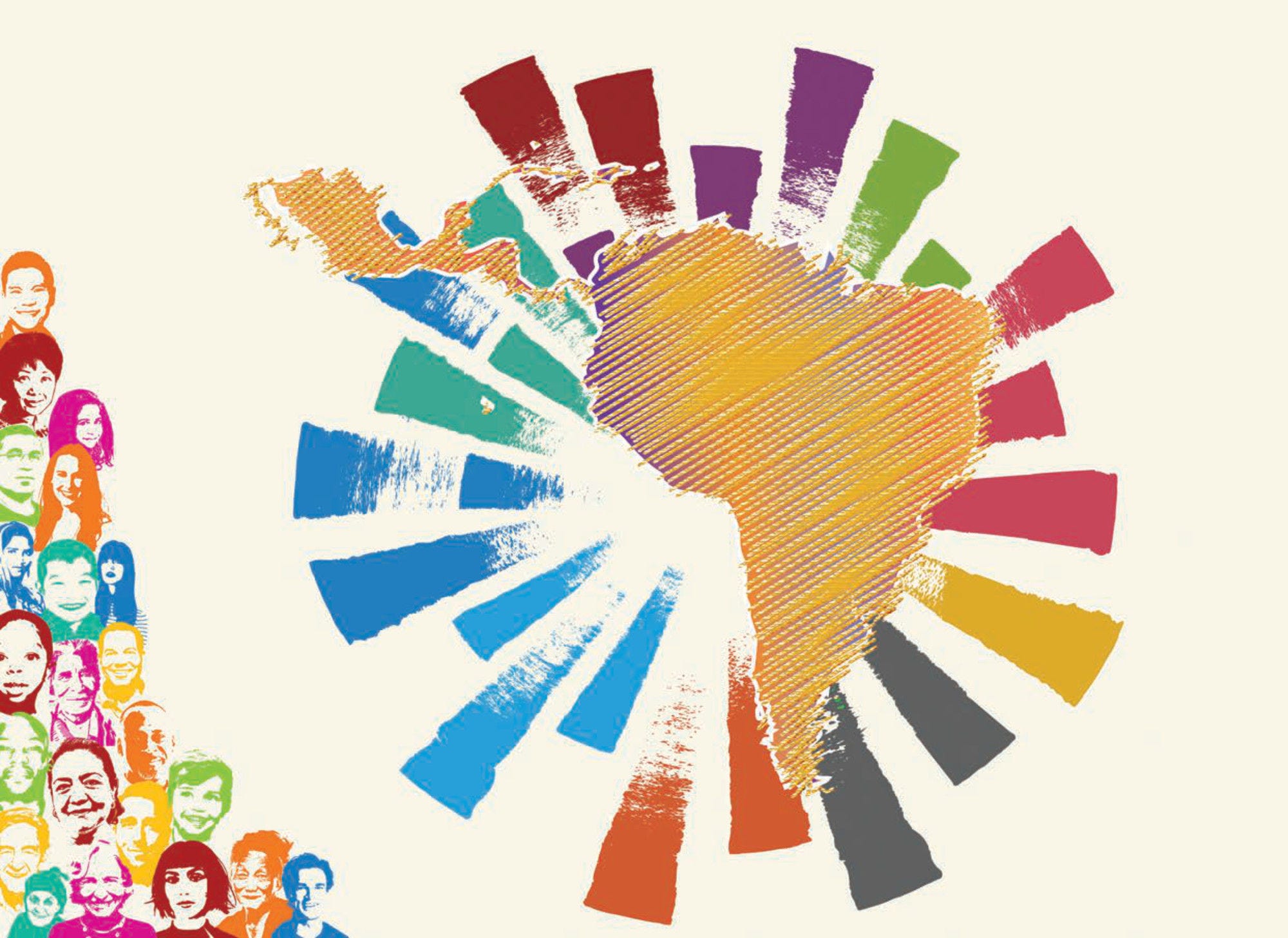The report was prepared jointly by the OECD’s Centre for Well-being, Inclusion, Sustainability and Equal Opportunity (WISE) and the OECD Development Centre (DEV). Overall project management and the production of the report was led by Katherine Scrivens (Policy Analyst, WISE), under the supervision of Carrie Exton (Head of Unit, WISE), Marco Mira d’Ercole (Counsellor, WISE), Sebastian Nieto-Parra (Head of Unit, DEV), and Federico Bonaglia (Deputy Director, DEV).
This report is published under the direction of Romina Boarini (Director, WISE), Ragnheiður Elín Árnadóttir (Director, DEV) and Mario Pezzini (Former Director, DEV). The project itself began in 2018, before the creation of WISE, and was initially under the co-responsibility of the Statistics and Data Directorate (SDD). Support from SDD and particularly guidance from Martine Durand (Former OECD Chief Statistician and SDD Director) has been invaluable for the preparatory activities and research for the report.
Chapter 1 was authored by Carrie Exton and Katherine Scrivens; Chapters 2 to 5 were co-authored by Joshua Monje-Jelfs (WISE), Katherine Scrivens and Elena Tosetto (WISE); and Chapter 6 was authored by Nathalia Montoya González (DEV), with contributions from Margreet Frieling (WISE), João Castello Branco (DEV), Rita Da Costa (DEV) and Adriana Caicedo (DEV). Monica Quinza (WISE) provided statistical assistance throughout the report. The WISE Communications team, Anne-Lise Faron, Martine Zaïda and Julia Carro, also provided essential support through the entire process. Sonia Primot designed the front cover, Patrick Hamm provided editorial guidance, and Meral Gedik prepared and formatted the manuscript for publication. The Spanish language translation of the report was prepared by the OECD Translation team, and proofread by Liliana Tafur. All are very gratefully acknowledged for their work and support.
A large network of experts and colleagues have been active and supportive throughout the entire process, steering the project, providing views, inputs, comments and advice. The support of the European Union has been fundamental and input from colleagues from the Directorate-General for International Partnerships (DG INTPA, Jolita Butkeviciene, Pelayo Roces-Fernández, and Sergio Martin Moreno) and Eurostat (Maria-Joao Santos and Maria-Isabel Lazaro) has shaped the strategic orientation of the report. ECLAC has been a crucial knowledge partner throughout the entire project. Xavier Mancero and Pablo Villatoro of ECLAC’s Statistics Division have collaborated closely with the project team from its inception to the final drafting process and their contributions have been invaluable. The participation of ECLAC Executive Secretary Alicia Bárcena, Deputy Executive Secretary Mario Cimoli, and Director of the Statistics Division Rolando Ocampo in high-level events and strategic discussions, as well as early inputs and advice from Nunzia Saporito, Sebastian Rovira, Romain Zivy, and colleagues from the Latin American and Caribbean Institute for Economic and Social Planning (ILPES, led by Cielo Morales) have been essential for setting the direction of the project overall and ensuring the relevance of its outputs. Fabiana del Popolo of ECLAC’s Population and Development Division and Iliana Vaca Trigo of ECLAC’s Division for Gender Affairs also provided helpful comments.
The input of experts from National Statistical Offices (NSOs) of the focal countries (Argentina, Brazil, Chile, Colombia, Costa Rica, the Dominican Republic, Ecuador, Mexico, Paraguay, Peru and Uruguay) has been central for shaping the direction and content of the report. Interviews with policy experts from various Ministries and government departments in the focal countries provided the foundation of the examples included in Chapter 6. Advice and inputs from other regional experts in academia and civil society have also been extremely beneficial. While these measurement and policy experts in the focal countries are too numerous to mention individually, their contributions and advice are gratefully acknowledged and we hope the resulting product will be useful for their work.
We are indebted to many colleagues around the OECD for their help, comments and insights, either on draft text, or on specific queries. They include, but are not limited to, Jens Arnold, Carlotta Balestra, Ivan Bornacelly, Monica Brezzi, Guillaume Cohen, Marcos Diaz Ramirez, Gabriel di Paolantonio, Gráinne Dirwan, Eva Feron, Lara Fleischer, Catherine Gamper, Alessandro Goglio, Santiago Gonzalez, Chris James, Cristian Herrera, Katia Karousakis, Eija Kiiskinen, Alexandre Kolev, Justina La, Juan de Laiglesia, Gaetan Lafortune, Horacio Levy, Jessica Mahoney, Thomas Manfredi, Claire McEvoy, Jose René Orozco, Hyeshin Park, Edward Perry, Jan Rielaender, Olivier Thevenon, Isabelle Ynesta, Belen Zinni and Jorrit Zwijnenburg. We gratefully acknowledge the support of the Global Relations Secretariat (GRS) of the OECD. Exchanges with colleagues and experts within the context of the OECD Regional Programme for Latin America and the Caribbean have also been very useful.
Finally, the measurement framework, statistical development priorities, and policy insights presented in this report were developed and refined through interactions with hundreds of participants in the various online and physical events organised as part of the project. We wish to thank all who participated in these events, as well as our co-organisers and institutional partners: the European Union (and particularly DG INTPA and Eurostat), ECLAC, the Colombian National Department of Planning (DNP), the Colombian National Administrative Department of Statistics (DANE), the Mexican National Institute of Statistics and Geography (INEGI), and the Universidad del Rosario, Bogotá, Colombia.
